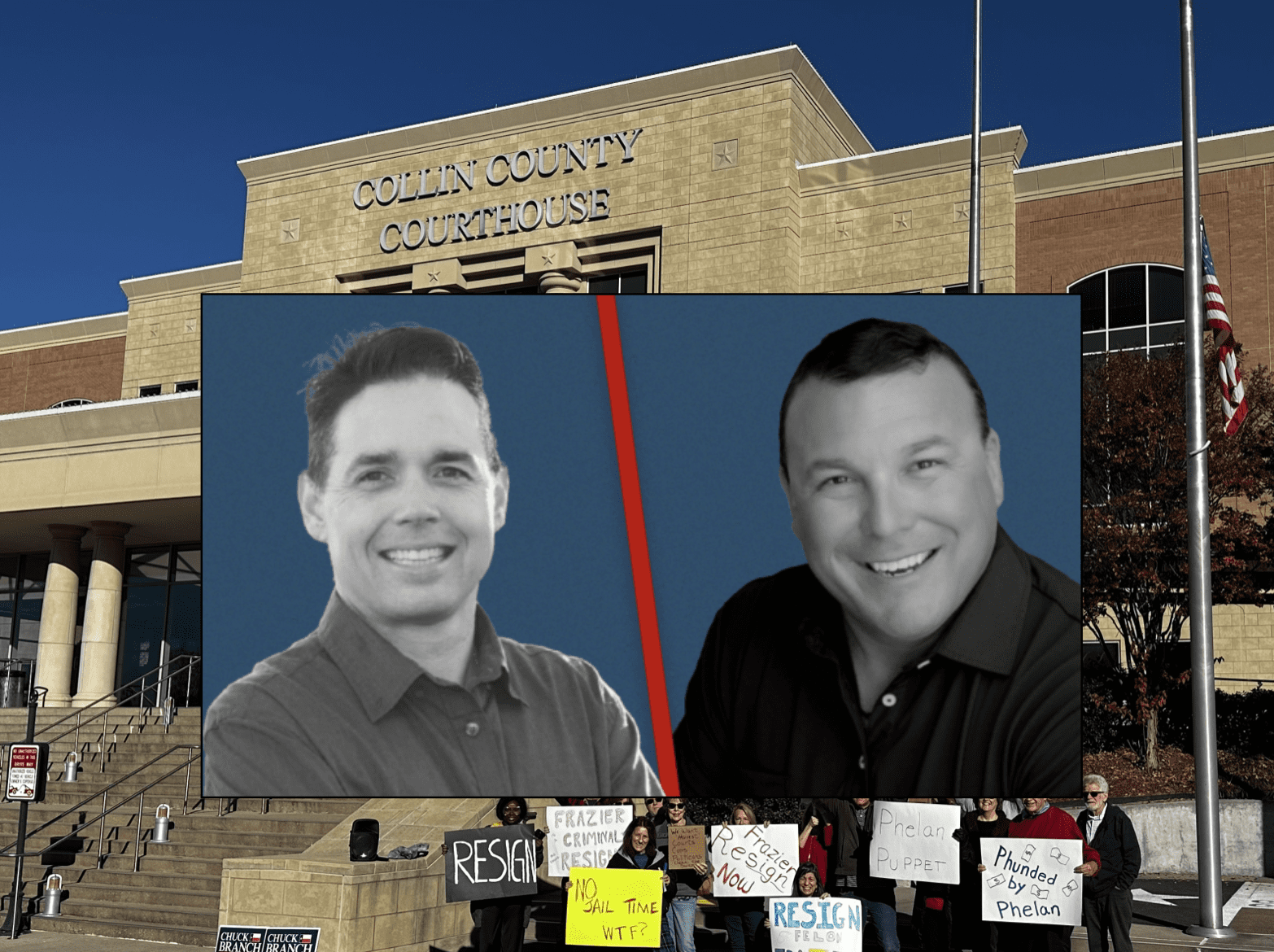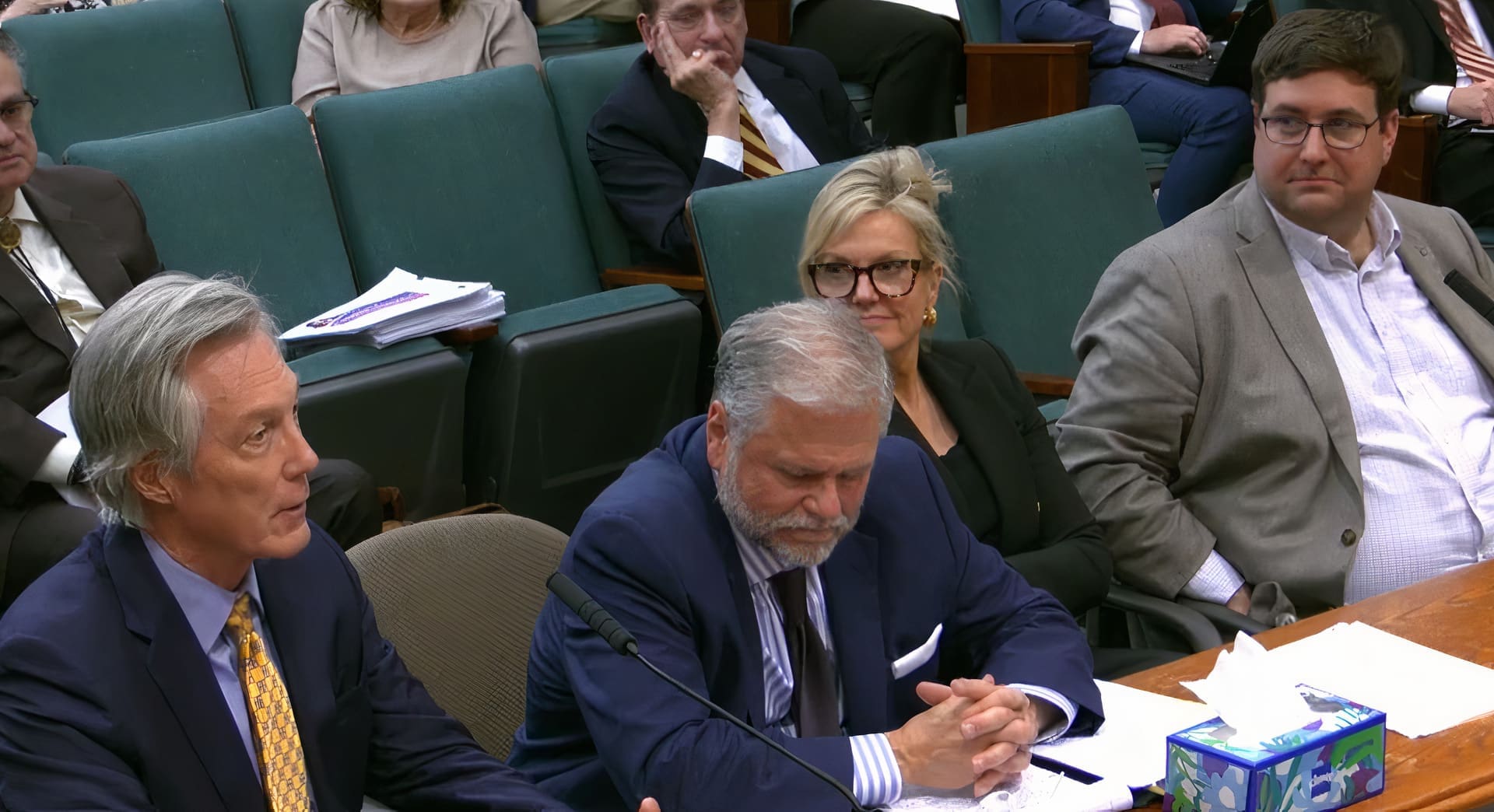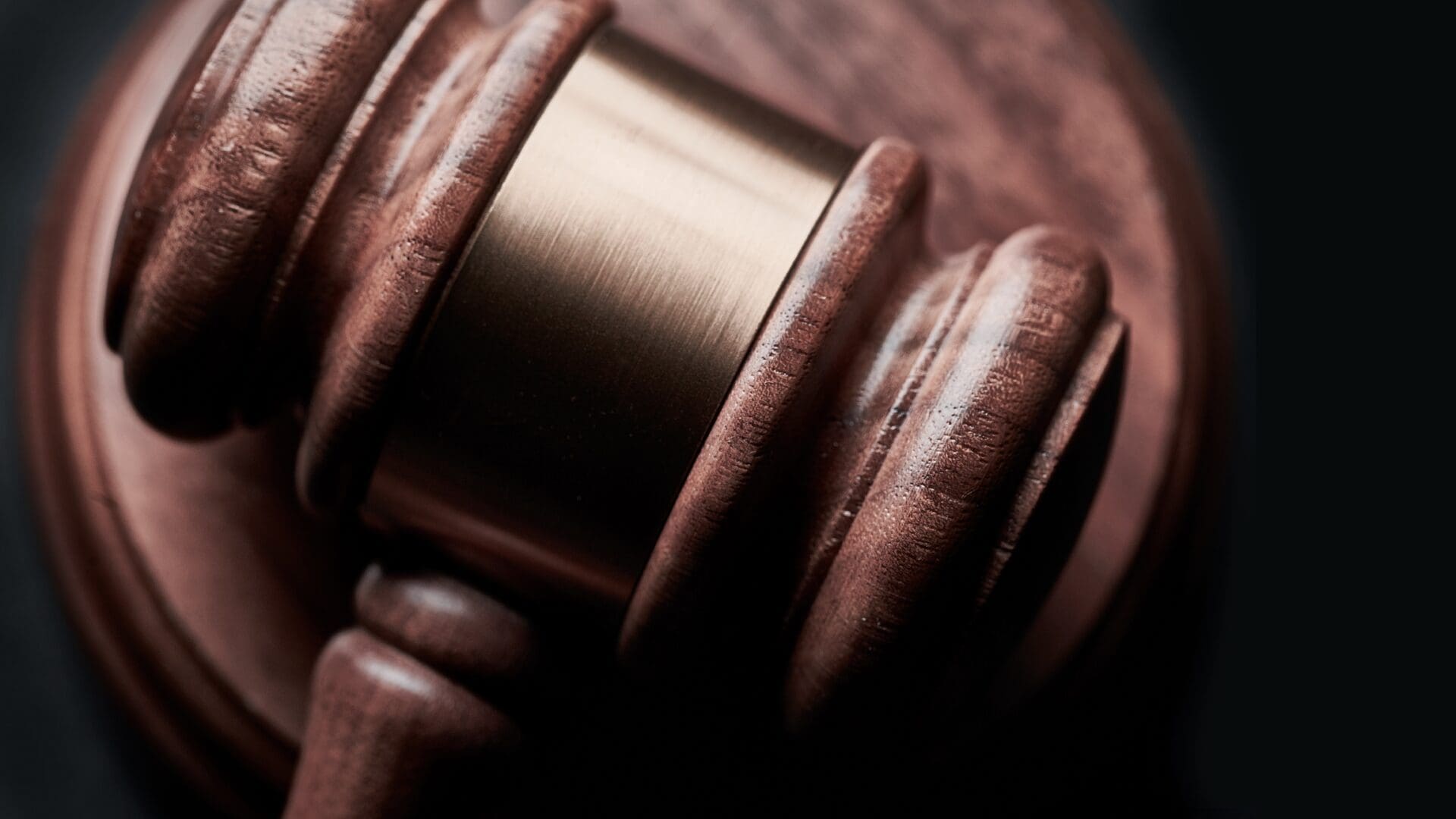The creator of a website criticizing a state lawmaker has asked a court to dismiss the legislator’s defamation lawsuit against him, asserting the complaint was filed in retaliation for exercising First Amendment-protected free speech.
State Rep. Frederick Frazier (R-McKinney) sued Paul Chabot in June, alleging that Chabot’s FireFrazier.com website made “false claims” about Frazier that caused the freshman lawmaker to lose his re-election bid in the May 2024 primary runoff.
The website documents criminal behavior that Frazier eventually admitted. The crimes involved campaign signs belonging to Chabot, who was one of Frazier’s 2022 Republican primary rivals.
Chabot’s attorney, Tony McDonald, called Frazier’s complaint “the quintessential ‘SLAPP’ suit.”
Strategic Lawsuits Against Public Participation are suits filed to stop citizens from exercising their First Amendment rights.
Chabot filed a motion to dismiss Frazier’s lawsuit under the Texas Citizens Participation Act (TCPA), which allows citizens to challenge SLAPP suits.
Chabot’s motion states that elected officials like Frazier are subject to public scrutiny and criticism.
“This is an essential aspect of democracy—holding public officials accountable through free expression and open debate,” the motion explains.
Yet, instead of accepting responsibility for his own misconduct—misconduct that led to his criminal charges, his dishonorable discharge from the Dallas Police Department, and his defeat at the polls—Frazier seeks to silence one of his many critics through litigation.
The document continues:
Frazier got caught cutting down Paul Chabot’s campaign signs—an act unbecoming of any public servant, much less an elected representative. When Chabot rightfully complained, Frazier found himself facing criminal charges. He was indicted for impersonating a code services officer, and ultimately, he chose to settle the criminal cases against him, resulting in probation and a dishonorable discharge from the Dallas Police Department.
In May, Frazier’s constituents sent him a resounding message by rejecting him in the primary runoff election. Instead of reflecting on his defeat and accepting the consequences of his crimes, Frazier now seeks to rewrite history by filing this defamation lawsuit.
“While Frazier may have ultimately been discharged from his probation and thereafter taken steps to redesignate his discharge from dishonorable to general, those subsequent procedural maneuvers do not erase the underlying facts,” the motion states. “Frazier’s crimes are a matter of public record, and accurate reporting on those crimes is neither false nor defamatory.”
The motion also notes that Frazier’s reputation was already so diminished by his own actions, “it could not be damaged further.”
In short, after Frazier ruined his own reputation, there was nothing left of it to be harmed by Chabot’s allegedly defamatory statements. Texas law does not permit such a plaintiff to proceed in a defamation case.
The motion concludes, “Frazier is a public official, whose reputation has been destroyed through his own actions. Instead of taking personal responsibility, he is lashing out at one of the chief critics in his reelection campaign with hair-splitting arguments regarding defamation. This is not permitted in a free society, where citizens are allowed to criticize their elected officials. The TCPA was made for a Petition like this, and it should be dismissed with sanctions.”
Chabot is asking the court to dismiss the lawsuit with prejudice, award him attorneys’ fees, and impose sanctions on Frazier “to send a clear message: abusive litigation aimed at silencing critics is unacceptable in a free society.”
Frazier has not yet responded to a request for comment.
No ads. No paywalls. No government grants. No corporate masters.
Just real news for real Texans.
Support Texas Scorecard to keep it that way!





